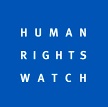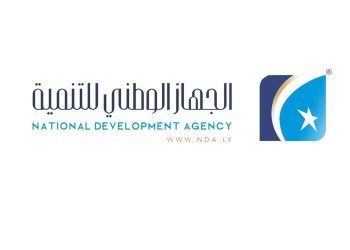By Libya Herald reporters.

Tripoli, 23 June 2015:
The government has angrily rejected a report . . .[restrict]by Human Rights Watch whose investigators said they had found clear evidence of illegal detention, torture and abuse occurring in prisons under the control of the Ministry of Justice, the army and the security services.
Detainees included terror suspects, some of whom claimed to HRW that they had been tortured into giving false confessions, were denied visits from family and lawyers and had not been brought before a judge or been charged with any offences.
In a statement released in LANA, Justice Minister Al-Mabrouk Omran said that the report was inaccurate, vowed that the government would no longer cooperate with HRW and demanded the removal of the organisation’s local representative.
HRW said in its report that the court system has broken down completely. It again called on Fatou Bensouda, the chief prosecutor of the International Criminal Court to launch investigations, as the court is empowered to do under UN Security Council Resolution 2174 of August last year. Bensouda has said that she lacks the resources to do so.
HRW’s MENA director, Sarah Leah Whitson said in a cover note to the document: “Government ministers, military commanders and prison directors should immediately declare a no-tolerance policy against torture and hold anyone who abuses detainees to account”.
She went on to warn “They should understand that they face a risk of international investigation and prosecution if they don’t call a halt to torture by the forces under their command”.
Between January and April of this year, the Ministry of Justice gave HRW permission to visit Beida’s Garnada prison twice and the Kweifiyah prison complex in Benghazi, once. HRW investigators were allowed to interview the prisoners without the presence of prison officials.
HRW’s Hanan Salah told the Libya Herald: “We negotiated with each prison director and prison authority individually to be able to speak with detainees without the presence of guards. it was not always easy”.
HRW said that the detention centres visited were holding some 450 prisoners. Of those interviewed, 35 said that they had been tortured either upon their arrest, during their interrogation or subsequent detention. The most common torture was beating on the body and soles of the feet with plastic pipe. HRW said that four detainees said that the confessions that they made under torture were subsequently broadcast on TV.
The abuse of those arrested was standard under the Qaddafi regime and appears to have continued since the revolution.
HRW told this newspaper that as and when it had the resources, it intended to extend its enquiry into the mistreatment of detainees elsewhere in Libya. However Hanan Saleh said that the organisation had yet to ask those in charge of prisons in Libyan Dawn-controlled areas for access to their detainees.
[/restrict]






